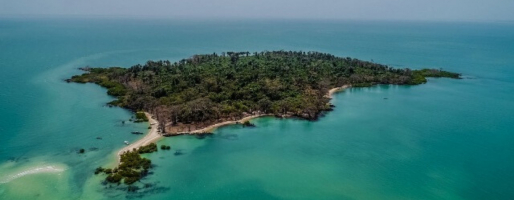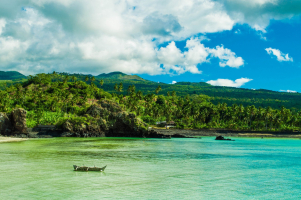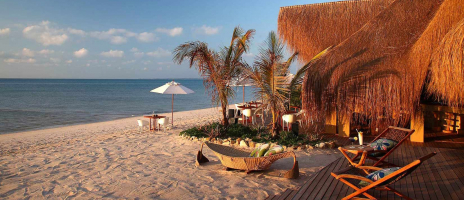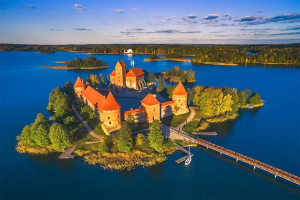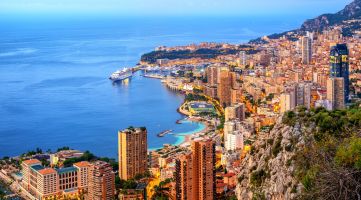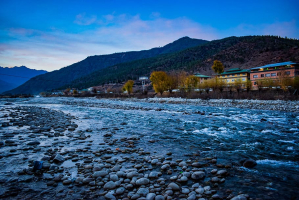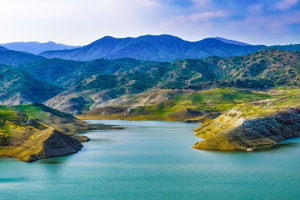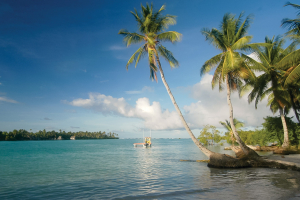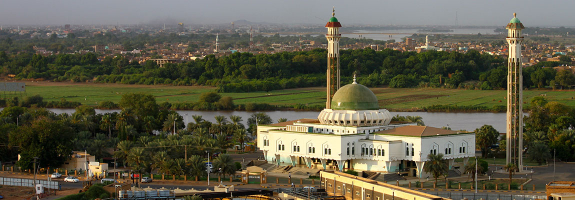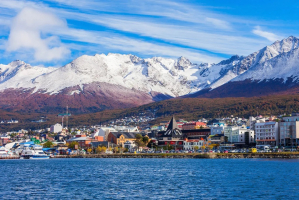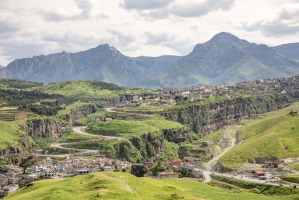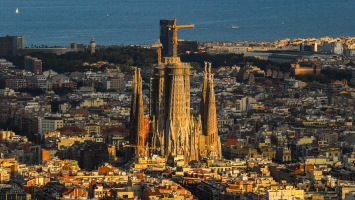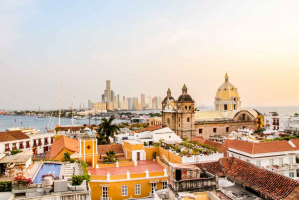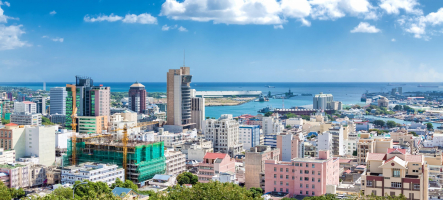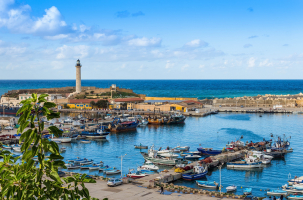Top 9 Things to Know Before Traveling to Bulgaria
So, you've decided to visit Bulgaria and need to plan your itinerary. Here, Toplist shares with you some Things to Know Before Traveling to Bulgaria that will ... read more...enhance your stay and help you understand the culture and custom here.
-
Learn to read the Bulgarian alphabet before visiting. It's not difficult, however it will assist you in comprehending many indicators. The Cyrillic script is used in Bulgarian. It resembles the Latin alphabet in appearance, but here's the catch: certain characters look the same but are pronounced differently. Although signs in English or transliterated Bulgarian are common in big towns and touristy regions, being able to read Bulgarian will be necessary for your journey.
There are many foreign words in the Bulgarian language that will help you understand what is written if you know how to read. Let's imagine you notice the letters "P" or "-" on a sign. Doesn't seem right, does it? If you could read, you'd notice that the first word is pronounced [res-toh-RANT]. Is it simple? You're in front of a dining establishment. The second term is [SNEK-bar], which indicates that you are looking at a snack-bar. Keep in mind that Bulgarian is a phonetic language (with a few exceptions), which means you read what you write, making it simple to learn.

http://lyudmilantonov.blogspot.com/ 
https://popmusikpopc.blogspot.com/ -
The seaside of Bulgaria is without a doubt the most popular tourist destination in the country. But this irritates me because there are just as many wonderful places throughout the country. Sure, there are lots of lovely sand beaches and old port towns along the country's Black Sea coast. However, inland, there are numerous additional noteworthy locations. Tourists can choose from a variety of fascinating cities to visit, ranging from the historic former royal capital of Veliko Tarnovo to the incredibly cool city of Plovdiv.
Bulgaria has a one-of-a-kind blend of breathtaking mountains and stunning coastline. It is one of Europe's oldest countries, with one of the world's top three cultural heritages. The Monastery of Dryanovo and the unusual Sand Pyramids of Melnik are two lesser locations buried away inside the country's vibrant terrain. Bulgaria is a very diverse country, and I recommend people to take advantage of it. Take a look at these photographs for more ideas on where to go in Bulgaria.

http://naturemonitoring.com 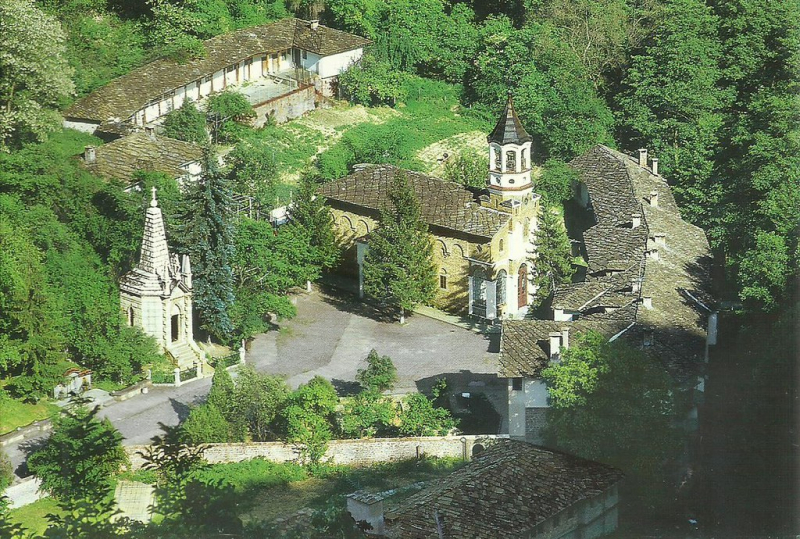
https://www.flickr.com -
Bulgaria has been a member of the EU since 2007, however it is not a signatory to the Schengen Treaty. They are the only EU countries that are not yet members, along with Romania. This means that you'll need your ID to enter Bulgaria, even if you're from the EU. In any case, Bulgaria's visa requirements are identical to those of other EU countries; click here for more information!
Although Bulgaria is a member of the European Union, it is not yet a member of the Schengen Area, which provides for free movement between countries and which many EU members now enjoy. This implies that you will have to go through passport control while entering Bulgaria, and visa requirements differ. For visa information, see here, but at the time of writing, visitors from Australia, New Zealand, the United States, Canada, and most of Europe did not need visas for stays of less than 90 days.
Holders with valid multiple Schengen visas are exempt from visa requirements in Bulgaria. They will be able to enter and stay in the Republic of Bulgaria for a maximum of three months in any six-month period following their initial arrival, without the need for a Bulgarian short-stay visa. This is definitely one of the top Things to Know Before Traveling to Bulgaria.
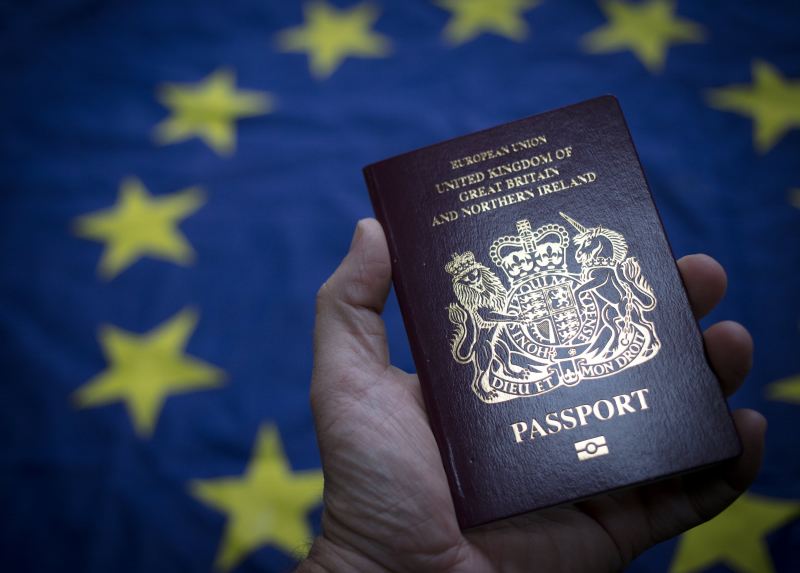
https://www.cnbc.com 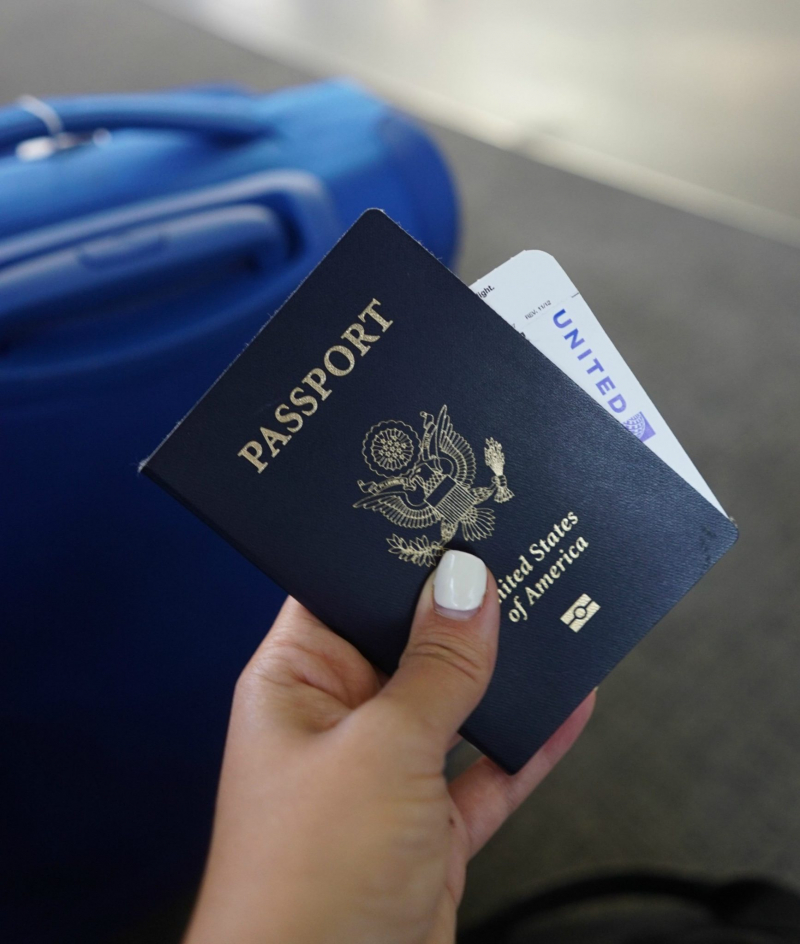
https://petergreenberg.com -
There are a few things to bear in mind if you plan on taking public transportation in Bulgaria. To begin with, despite the fact that I had never used the country's train system, I had heard nothing but negative things about it. People that used it experienced severe delays, and locals told me that they don't use it very often. This makes sense when you consider the huge bus network that runs throughout the country. The buses are reasonably priced and, for the most part, on time.
Keep in mind that most big cities have many bus stops, so make sure you know which ones you'll be leaving from and arriving at. Information is available online at Bgrazpisanie or Balkan Viator, but it's usually a good idea to double-check at the station, since I've run into a few inconsistencies. Once you've arrived, most cities and towns have well-developed local transportation networks that are simple to navigate.

http://madamebulgaria.com/ 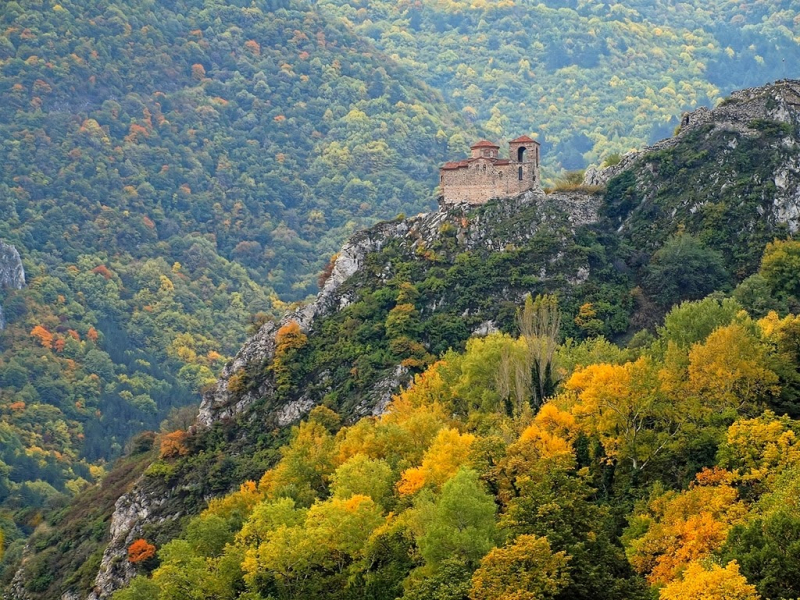
http://beautiful-eastern-europe.blogspot.com/ -
You'll be astonished to learn how proud Bulgarians are of their heritage. You'll discover handcrafted goods everywhere, traditional style restaurants with live folklore music and dancing, and traditional celebrations if you happen to be in Bulgaria on one of the big festivals. One of Bulgaria's secret pleasures is its immaterial cultural history. The majority of the practices have their origins in pagan rituals, but some are also based on religious traditions.
Wearing a martenitsa on March 1 is one of Bulgaria's most well-known traditions. If you visit Bulgaria in early March, you will see that everyone is wearing a white and red bracelet or a little adornment on their clothing.
There are numerous traditions surrounding the martenitsa, but the meaning of wearing and trading martenitsi is to wish health and success to yourself or the person to whom you are giving it. You hang the martenitsa on a tree and make a wish after seeing the first swallow or stork, or a tree in bloom.
This is why there are so many trees adorned with white and crimson bracelets. Bulgarians leave their martenitsi all over the world, not just at home. It's amusing to wander around Keukenhof (the famed tulip gardens in the Netherlands) and see trees with martenitsi hanging from them.
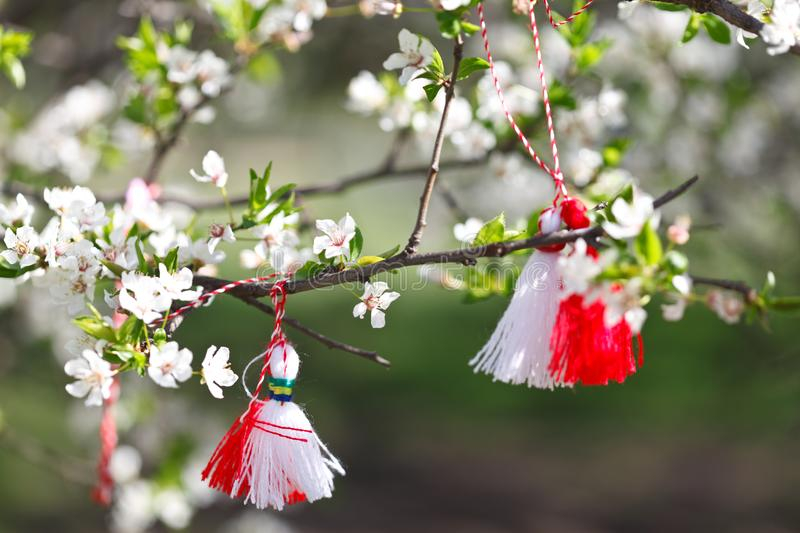
https://www.dreamstime.com/ 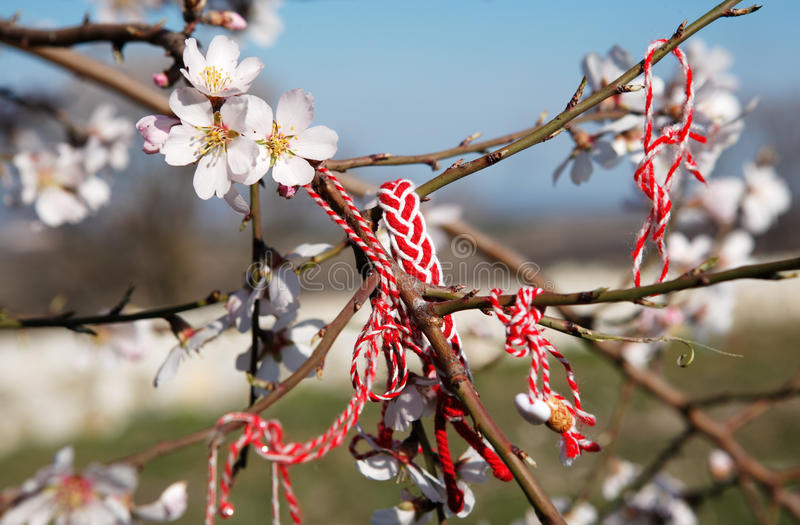
https://www.dreamstime.com/ -
Food is not served at the same time to everyone at the table at restaurants. So, unless you want to wait and eat your dish cold, it's fine to start eating before the others. You won't see a clear line between starters and main courses in most places, so don't be offended if your waiter serves your starter alongside the main course. Simply inform your server if you want your food served in a specific order.
Why is this the case? When most individuals go out to eat, they will most likely share and mix their orders, allowing them to sample everything on the table. If you're in a restaurant with live music, don't leave after you've finished your meal; instead, stay for the party and order some beverages, unless you don't enjoy this kind of entertainment.
http://www.moderndiningtables.net 
https://best-restaurant-interior-design-ideas.blogspot.com/ -
If you are happy with the service and the meal, you can leave a tip in Bulgaria. In Bulgaria, the service is not calculated individually. So, if you like your dinner, leave a tip, but it is not required.
After receiving the change, it is common tradition in Bulgaria to simply leave the tip on the table. Also, if you are not expecting change back, it is usual to leave the cash for the bill, including the tip, on the table and leave the establishment.
In Bulgaria, there is no hard and fast regulation about tipping, but workers will appreciate any tip you leave, especially in tourist areas, towns, and cities. Bulgarian wages are low in comparison to those in neighboring countries, and workers frequently rely on gratuities to supplement their pay at the end of the month.
If you're visiting Bourgas or Varna in particular, you'll notice that tipping is becoming more common. Tips are highly valued, especially in pubs and restaurants, where the standard tipping sum is 10% of the bill. If you believe your service was of high quality, a small increase (15%) would be greatly appreciated. This is definitely one of the top Things to Know Before Traveling to Bulgaria.
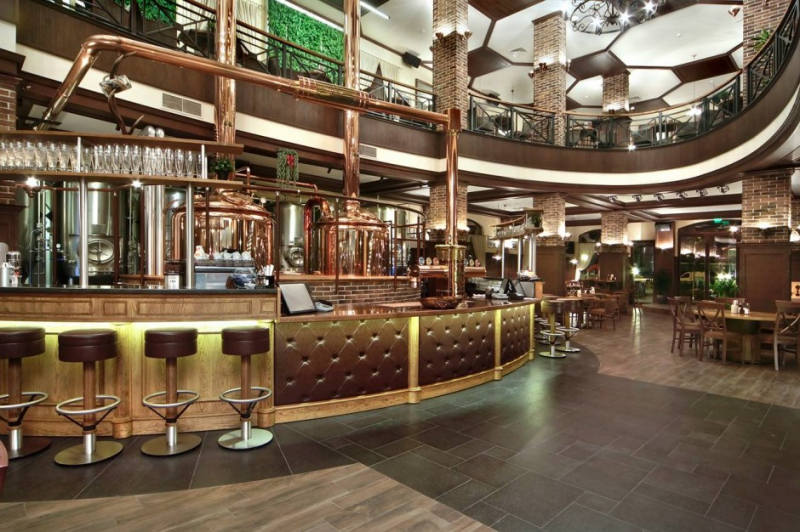
http://theculturetrip.com 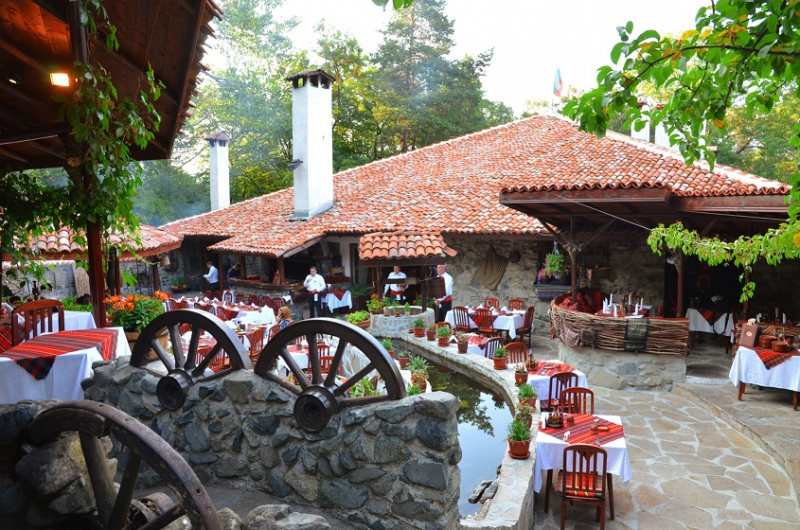
https://www.s-service.travel/ -
This is quite perplexing. You can find yourself in some strange circumstances if you don't know that Bulgarians shake their heads to signify "yes" and nod to indicate "no." People will shake their heads to agree with you or nod to disagree or confirm a negative answer even if they are speaking English to you.
Learning to do the exact opposite is really challenging. After living in nations where "yes" is a nod for so long, I find myself in circumstances in Bulgaria where I don't utilize any head gestures simply because it's unclear.
When it comes to gestures, Bulgarians make a lot of them and play around with their vocal intonation, so you can think two people are arguing when they are actually just delighted about something.
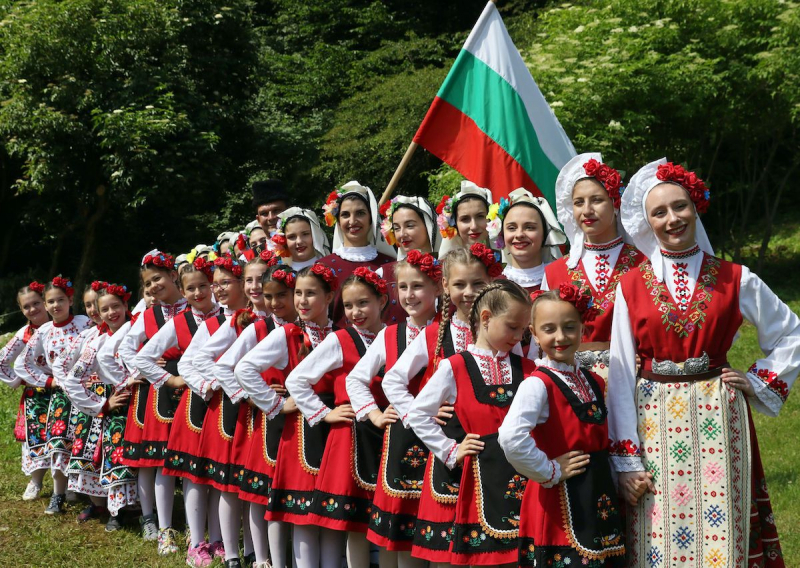
https://matadornetwork.com 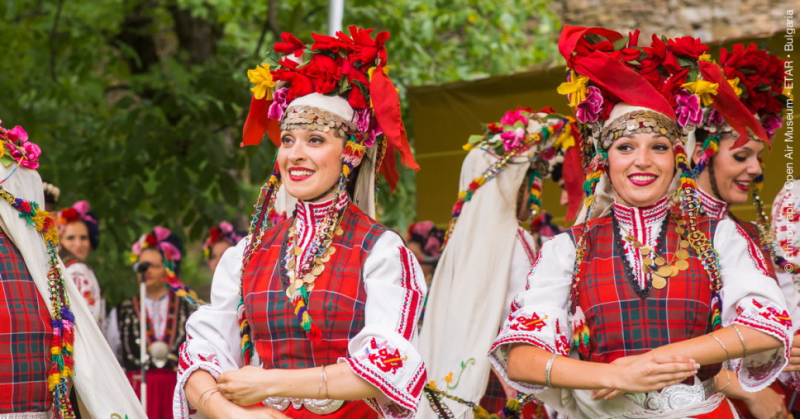
http://www.creativetourismnetwork.org/ -
Bulgaria's geographical position has contributed to the diversity of its wonderful cuisine, which combines the fiery Balkan spirit with the soft Mediterranean aroma and is liberally sprinkled with spicy Middle Eastern love drops. When you add in the fact that all of this comes at a fair price and with excellent service, you have your next vacation spot.
Salads are frequently served as appetizers in Bulgarian cuisine, as are dairy items, wines, and other alcoholic beverages such as rakia. A range of soups, such as the cold soup tarator, and pastries, such as the filo dough-based banitsa, pita, and several types of burek, are also available.
Water-based stews, either vegetarian or with lamb, goat meat, veal, chicken, or hog, are the most common main meals. Deep-frying is uncommon, but grilling – particularly of various types of sausages – is highly popular. Pork is popular, especially when combined with veal or lamb, but fish and chicken are also popular.Veal is popular for grilling meat appetizers (meze) and in some main courses, despite the fact that most animals are raised for milk production rather than meat. Bulgaria's own consumption of lamb is remarkable, especially in the spring, as a major exporter. This is definitely one of the top Things to Know Before Traveling to Bulgaria.
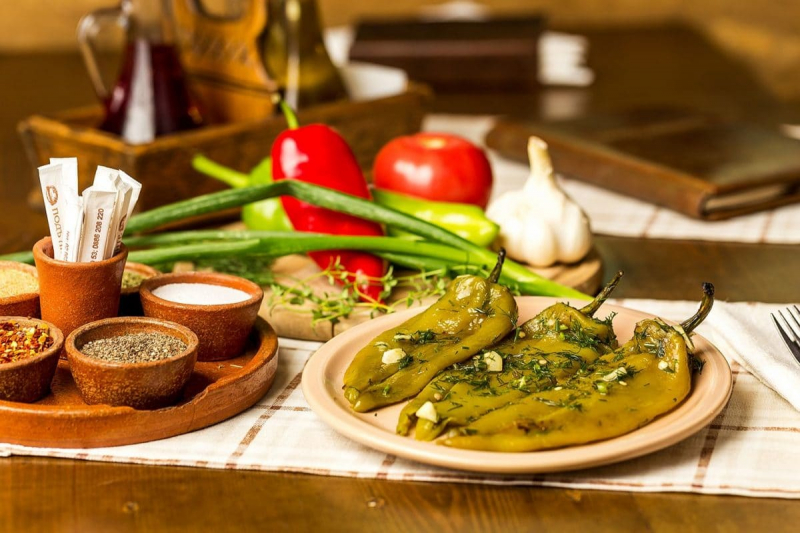
https://freesofiatour.com/ 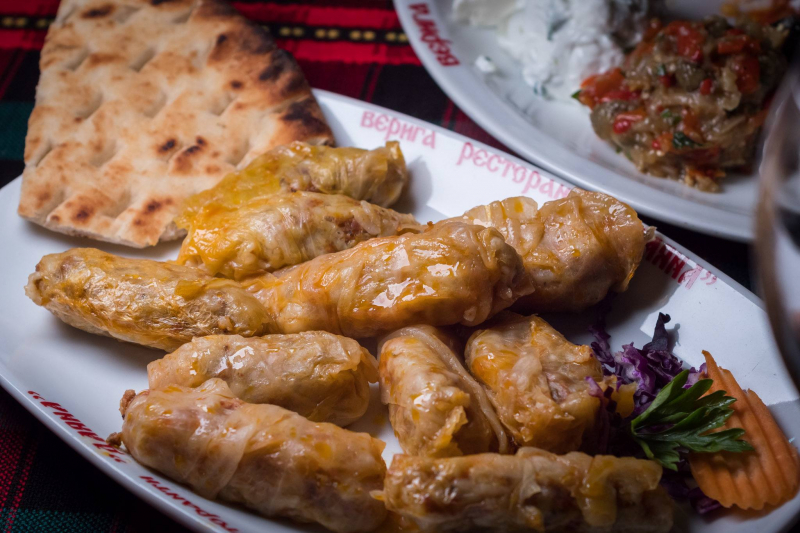
https://foodfuntravel.com/











